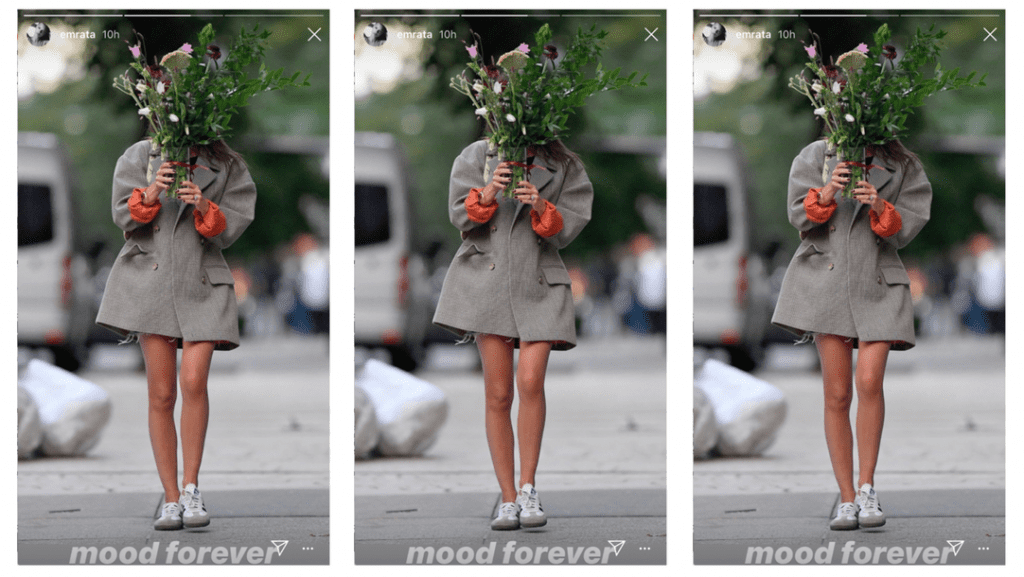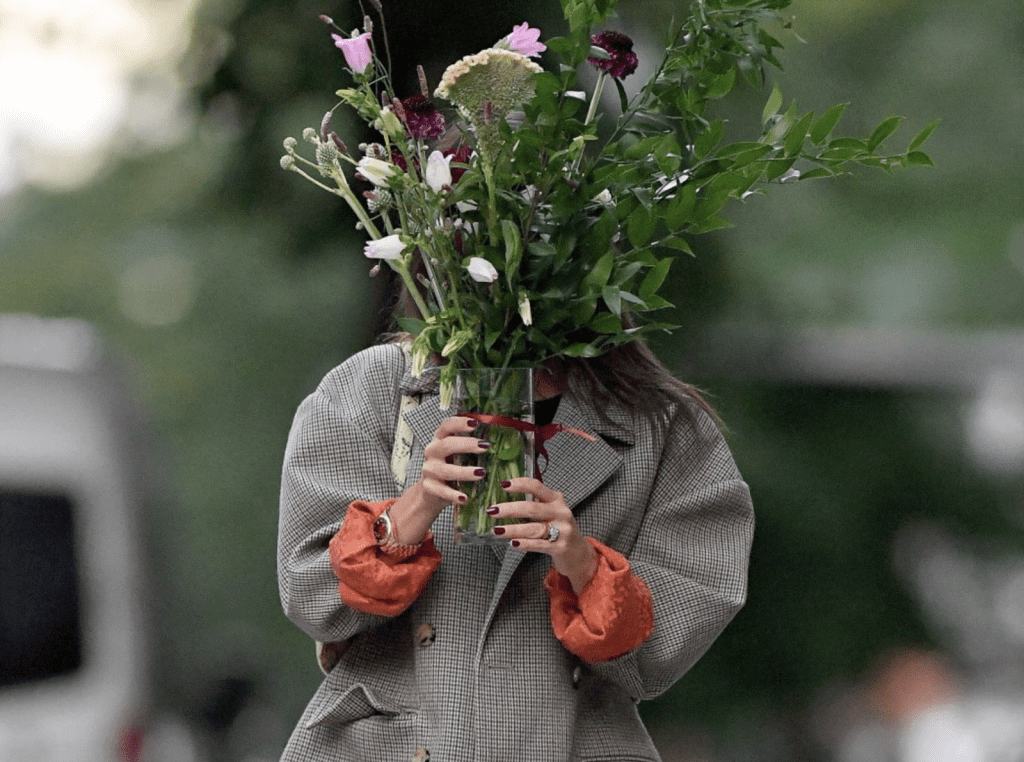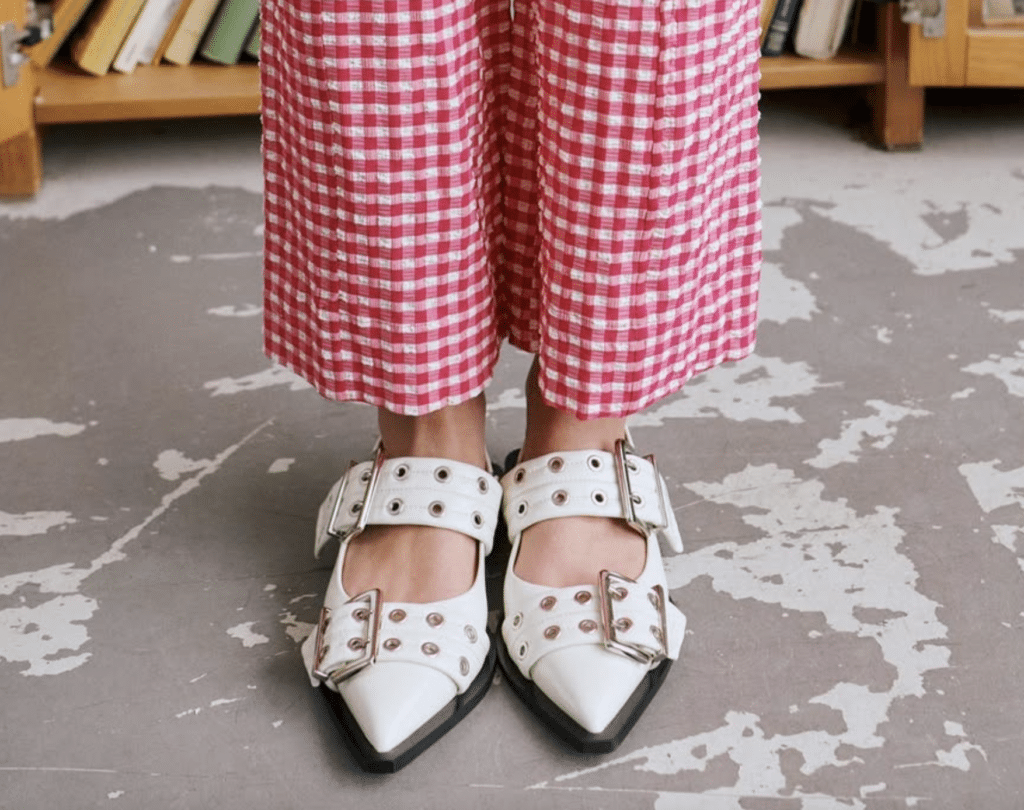Emily Ratajkowski and a paparazzi photographer have reached a settlement agreement in an ongoing lawsuit over an Instagram post. On the heels of Judge Analisa Torres of the U.S. District Court for the Southern District of New York determining that the copyright infringement case should move forward to trial to determine a number of questions of fact, including whether the multi-hyphenate model’s unauthorized use of an image of herself was fair use, Emily Ratajkowski and plaintiff Robert O’Neil, the paparazzi photographer who took the photo in question, alerted the court that they have reached a settlement in the lawsuit.
In a filing on April 13, counsels for O’Neil and Ratajkowski informed the court that they had “reached a settlement in principle pending their negotiation of a final settlement agreement,” and requested an order of discontinuance of the action while they hash out the terms of the deal. The settlement comes two and a half years after O’Neil filed a copyright infringement lawsuit against Emily Ratajkowski after she posted a photo of herself to her Instagram story, captioning the photo in which she is obscuring her face with a flower arrangement with “mood forever.” The model-slash-actress would later argue in response to the infringement claims that her use of the image was fair use, as it served as a commentary on the state of her paparazzi-plagued life.
Instead of settling the lawsuit filed against her at the outset, which has been common practice for the vast majority of celebrities that have landed on the receiving end of a string of similar copyright infringement cases, Ratajkowski opted to O’Neil’s case, arguing in September 2020 motion for summary judgment that, among other things, her reposting of the photo constituted fair use.
Deciding on the motion in September 2021, Judge Torres spent the bulk of the order dissecting the merits of Ratajkowski’s claim that her posting of the photo amounts to fair use, namely, by way of the four non-exhaustive fair use factors: (1) the purpose and character of the use; (2) the nature of the copyrighted work; (3) the amount and substantiality of the portion used; and (4) the effect of the use upon the potential market for or value of the copyrighted work. From the outset, the court was largely unwilling to decide on the various fair use factors, and ultimately held that both parties’ motions for summary judgment on the issue of fair use should be denied.

In terms of the purpose/character of the work, which comes with a number of sub-factors (transformativeness, commerciality, and bad faith), the court stated that reasonable jurors could disagree about whether or to what extent Ratajkowski’s use of the photo is transformative, noting a reasonable observer could conclude that Ratajkowski’s Instagram post “merely showcases Ratajkowski’s clothes, location, and pose at that time – the same purpose, effectively, as the photograph.” On the other hand, the judge held that “it is possible a reasonable observer could also conclude that, given the flowers covering Ratajkowski’s face and body and the text ‘mood forever,’ the Instagram [post] instead conveyed that [her] ‘mood forever’ was her attempt to hide from the encroaching eyes of the paparazzi – a commentary on the photograph.” As such, the court determined that there was a genuine issue of material fact at issue that needed to be decided by a jury.
As for the other sub-factors, the court found that Ratajkowski’s use was “slightly commercial,” but that this factor deserved “little weight” given the specific facts at play. Among some of the noteworthy elements: the court held that Ratajkowski’s Instagram is, “at least in part, a for-profit enterprise,” as she “has a link to her for-profit store on the Instagram account main feed,” and she estimates that “she has made more than $100,000 from the Instagram stories section of the Instagram account within the last three years, although posting sponsored posts to Instagram Stories is less common than to her main feed.” The balance also tipped the other way to some extent in the commerciality assessment as Ratajkowski was not paid to post the photo at issue, “nor was the infringed work displayed directly next to advertisements, or in a section almost exclusively meant for advertisements.”
The court was not convinced by O’Neil’s claim that Ratajkowski’s use was in bad faith because of “her ‘omission of any credit,’ and her [failure to pay] a license fee despite knowing that celebrities occasionally license photographs from Splash.” Judge Torres stated that while “Ratajkowski rarely credits photographers, there is no evidence that she personally removed copyright attribution from the photograph.” Beyond that, the court stated that “there is no evidence that Ratajowski knew the photograph was copyrighted or who it was copyrighted by,” and held that her mention of “general ‘internet etiquette’ that ‘people will share [her] images and [she] share[s] their images,’ does not demonstrate specific knowledge about the photograph or Instagram stories.”
Again, the judge held that there was a genuine issue of material fact as to “whether Ratajkowski’s use was transformative, and neither commerciality nor bad faith weigh heavily on the analysis— particularly if the use is deemed transformative.”
In terms of the second factor, the nature of the copyrighted work, the court determined that this weighed in favor of O’Neil, “but only marginally so” because the photo is “essentially factual in nature” and O’Neil “captured [his] subject in public, as [she] naturally appeared, and [was] not tasked with directing the subject, altering the backdrops, or otherwise doing much to impose creative force on the [photograph] or infuse the [photograph] with [his] own artistic vision.”
The court looked to the amount and substantiality of use of the photo next, and determined that Ratajkowski took “the vast majority, if not the entirety, of the photograph,” but also – interestingly – considered Ratajkowski’s argument that “by posting the photograph [via the temporary] Instagram Stories, rather than the main account, the use was less substantial.” The court sided with O’Neil on this factor, stating that “because Ratajkowski used a greater portion of the photograph than was necessary for her purpose, this factor weighs slightly in favor of the plaintiff.” However, “the fact that it was posted on Instagram Stories lessens that weight.”
Finally, on the effect on the market front, which requires a plaintiff to show that “even if the photograph is deemed transformative, a market exists which would be affected if this manner of using the photograph became widespread,” the court did not make a determination for either party, on the basis that “there is no information in the record regarding that market” for the court to “rule on this factor at this juncture.”
With the foregoing in mind, the court left the critical issue of fair use up to a jury. In light of the parties’ pending settlement agreement, no such jury trial will come into play.
No stranger to paparazzi-initiated copyright suits, Emily Ratajkowski was named in a similar copyright infringement lawsuit filed by photographer Javier Mateo in July 2021. The parties settled that case in January 2022. Around the same time, Ratajkowski’s brand Inamorata Swim LLC was named in – and swiftly settled – a copyright infringement case waged against it by Eva’s Photography.
The case is O’Neil v. Ratajkowski et al, 1:19-cv-09769 (SDNY).











